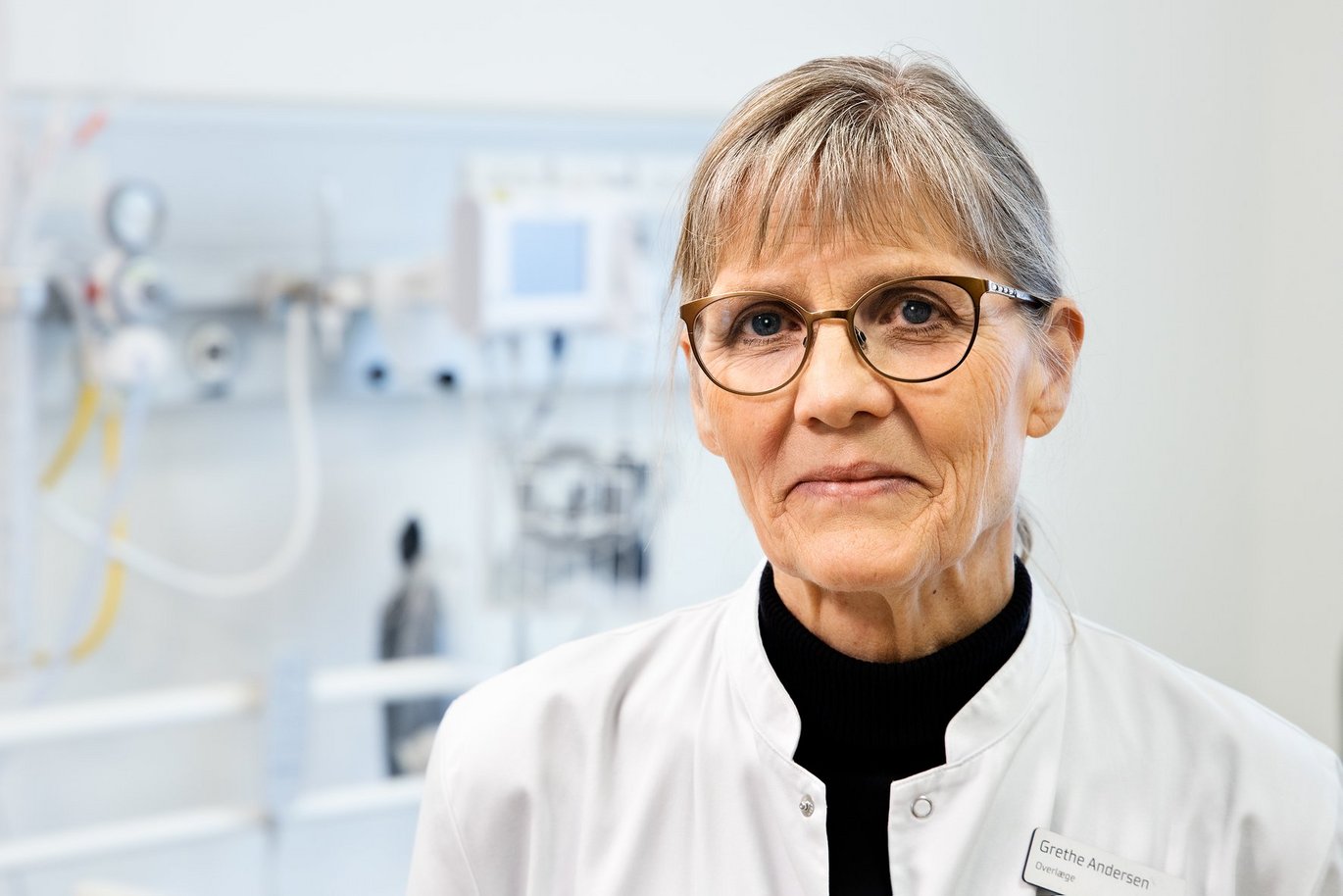Grethe Andersen to oversee research ethics at Health in new role
Clinical Professor Grethe Andersen from the Department of Clinical Medicine will focus on future researchers in her new role as a special advisor in responsible research practices at Health

The advisor's role
The advisors in responsible research practices at Aarhus University aim to ensure that researchers at the university can conduct their research in a responsible and ethically sound manner. They are to offer confidential and objective advice and consultation to researchers, university leaders and administrative staff on research integrity, research freedom, and responsible research practices.
The advisors are independent of the university's management and are bound by confidentiality. This ensures that researchers can receive confidential and objective advice without fearing negative repercussions
Clinical Professor Grethe Andersen ended her medical career last week after many years as a senior consultant in the neurological department at Aarhus University Hospital. Having established herself as one of the pioneers in the treatment of stroke patients and one of the country's leading researchers in her field, she has been appointed as the new special advisor for responsible research practices and research freedom at Aarhus University.
Inside Health sat down with Grethe Andersen to discuss her views on responsible research, research freedom, and her visions for the role.
Why do you think you were chosen when Health was looking for a new advisor for responsible research practices?
I believe it's because I have a long research career behind me, and over time, I've built a reputation for being very fair – especially towards young researchers, whom we should protect.
Why is it important for the university to focus on responsible research practices?
Because an unhealthy research practice can have significant consequences for both the individual researcher and society. Being a skilled doctor isn't just about clinical knowledge. It's crucial to understand that a good doctor possesses both clinical insight and research experience, and if young researchers are deterred by a toxic research culture, it will affect both the quality of patient care and research.
What have you personally done to ensure good research practices in your work?
I've always felt that I had an extra responsibility towards young researchers. So, in my projects, it has always been the youngest individual presenting the results, which isn't the norm everywhere.
There is currently a focus on the issue of authorship – especially related to the "Please Don’t Steal my Work" campaign, which emphasizes young researchers who feel pressured to share authorship with senior researchers, even if they've done most of the work. How widespread is this issue?
I primarily know my own practices in detail, but I listen to what young ones tell me, and I also notice in research conferences that it's typically "The Grand Old Men" presenting the results while young researchers are pushed to the background. I've also heard about advisors suddenly taking over a Ph.D. student's results and presenting them as their own, but I don't feel that it's a significant issue at Health.
What do you see as your primary function in the role of special advisor for responsible research practices?
To be a place where researchers can come for advice if they feel unjustly treated in their research context.
How will you approach the job?
It will vary from case to case. Sometimes I might advise a researcher who then takes my advice back to their group. Other times, I might attend a group meeting and act as a mediator. My main task will be to advise and, in some cases, ensure everyone understands the importance of ethical research practices – whether it concerns authorship or other matters.
Learn more about Aarhus University's special advisory function in responsible research practices here.